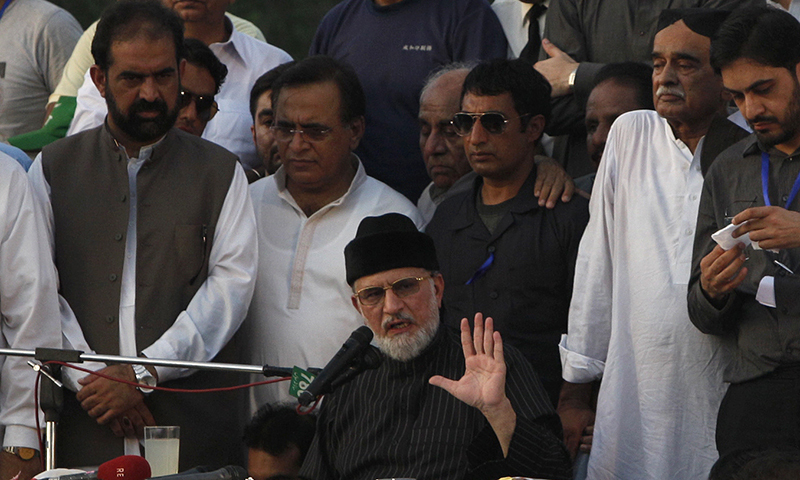A few years ago, the chairman NAB made headlines by boldly declaring that Pakistan loses up to Rs7bn every day due to corruption.
When asked about the source of this number, he upped it to Rs12bn, saying that the figures he was giving were actually conservative and the real amount would be far higher.
A few years earlier, a number began to circulate — there was talk of $200bn belonging to Pakistanis being ‘stashed away’ in Swiss bank accounts.
And somewhere in between, in August 2012, we had the famous water car episode, where a ridiculous fraud by a self-styled inventor captivated the imagination of a handful of TV anchors, cabinet ministers and even some former scientists associated with Pakistan’s nuclear programme.
In each case, the outlandish claims were used to build an argument that a short cut exists to resolve all Pakistan’s problems.
All we have to do, it was said, was to shut off the taps of corruption, or simply bring back the Swiss dollars, or just push the oil mafia aside and start investing massively in the water car, and our problems would vanish.
These examples set large wheels into motion, and the claim made in each case was simply fictitious.
Myths and fictions of this sort are now back in our lives. Wild numbers and claims are flying around all over again.
Pakistan Awami Tehreek chief Tahirul Qadri has been telling us that he will raise “trillions” of rupees by cutting “50pc of federal and provincial government expenditures”, and by “controlling the menace of corruption” he will raise an additional Rs6bn per day.
Another sum to the tune of Rs500bn will be collected, he says, if he is only allowed to plug a miserly “25pc of taxes that are evaded” — and with all this money he will create a welfare state.
Never mind that the numbers do not add up. What is troubling about the kinds of claims being made from the podiums of Islamabad today is that they are giving new life to the myth that there are short cuts to solving our problems.
Not only that, the claims of a short cut are laced with a menacing threat: those not marching to the beat are in some way part of the unjust status quo. This is water car politics, and it is needlessly muddying the waters where the realm of the possible is concerned.
Published in Dawn, August 19th, 2014











































